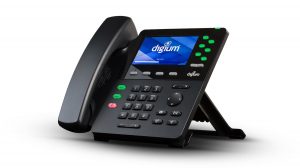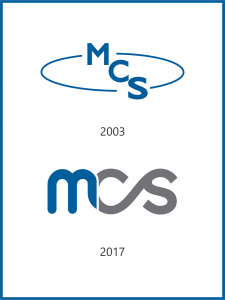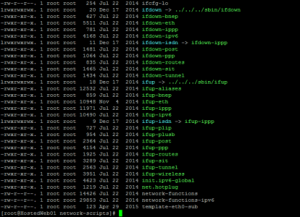
The Current State of Backups for the SMB
Over the last 15 years of working on IT with the small to medium business market, I have seen backup technologies for critical data change a lot. Being in the business of IT consulting we, of course, took care of our own backups. In the early days of our company we had one server that took care of managing users, storing shared company files, and various other tasks that kept our small startup running. Our budget was low, but we still couldn’t afford to lose our precious company data in the event of a disaster. We didn’t want to deal with an expensive and slow tape system so we opted to backup our data to a technology from Iomega called a Rev drive. It was relatively inexpensive and was able to store 35GB on a single drive. It was fast, cheap, and didn’t require any extra expensive backup software. We used drives in weekly rotation that we would swap in and out to a safe deposit box at our bank. Luckily, we never needed to actually use our backups because a plan like that had a lot of flaws.
With any backup process that involves external media the data has to be physically moved from place to place. A process where confidential data is exposed to the outside world where it can be lost, stolen, or damaged in transit is just not a good idea. I have seen organizations with several tapes or drives that are moved around in the personal vehicle of the IT manager. Some tapes were still resting in his car and sometimes they were even stored at his personal home for long periods of time. Data was unaccounted for that could open up the company to a huge liability. Back to our old backup plan, what if we had a data loss event over the weekend and needed our offsite drive to start the long and difficult process of restoration? The bank is closed until Monday morning and we would have had to wait to even get started.
Now, cloud backups are the popular way for a company to buy a plan, install some software, and feel secure that their data is stored in the cloud. Rarely will a small business actually know what is involved is getting all of that data back to their site after a data loss. With most big cloud backup companies, getting the first complete backup of a lot of data can often take several days. This is acceptable since there is no emergency. When your systems are unexpectedly down, having to wait days for restoration to complete is unacceptable and this should be kept in mind.
Let’s say you have a lightning fast Internet connection and can get your data back in a few hours. Now you have to figure out what level of backups you have. Most organizations backup just their files when the reality is that in the event of a complete loss what you really need is a backup of your entire system. Having just your files is of little use without a functioning server in place to get that data to people who use it. Most companies use Microsoft Active directory to store their employee user accounts and control security for their PCs. That security information is stored in a database and is often overlooked. This database can be difficult to restore in the event of a complete loss. Having to start over can mean having to build your server from scratch and going around to each PC manually to join them into a new Windows domain. This process will take a very long time and will not be cheap.
I have seen many times when our company is taking over the IT function for a new customer and they completely fail our audit of their backups and are shocked. More times than I can count, our point of contact will inform me that they have cloud backups and are “all good” in that department. When we go to document and verify their backups we may find backup software is indeed installed on the server but it has either never run or has not run in a very long time. The issue with managing backups is just that. You have to actually take the time to manage them. There is no backup technology that can be setup and forgotten about while still maintaining a high degree of confidence that it will continue to work properly.
Nobody wants to think about backups. Ideally, hard drives would never crash, viruses would never encrypt your data for ransom, and disasters would never hit. Nevertheless, I have seen organizations come to my company after a data loss. This is after they thought they had backups. but when the time actually came to rely on them, they were useless. We partner with a company that offers data recovery in a clean room, where they attempt to repair the drive or array of drives that have failed. The cost for this service can easily be thousands of dollars and there is definitely not a 100% success rate to get any data back. This option is the absolute last resort and it is never a good position to be in. The absolute look of dread I have seen on the faces of managers when I tell them their data is unrecoverable is not a good look. Many of these people just assumed they had good backups in place. Larger organizations have dedicated roles or even departments of personnel that do nothing else but ensure the availability of their data. A data loss for a small business can be just as detrimental but without the resources to manage backups. Self-managing your own backups can be a great way to save money but keep in mind that you must not only check your backup plan regularly, but your restoration plan as well.









